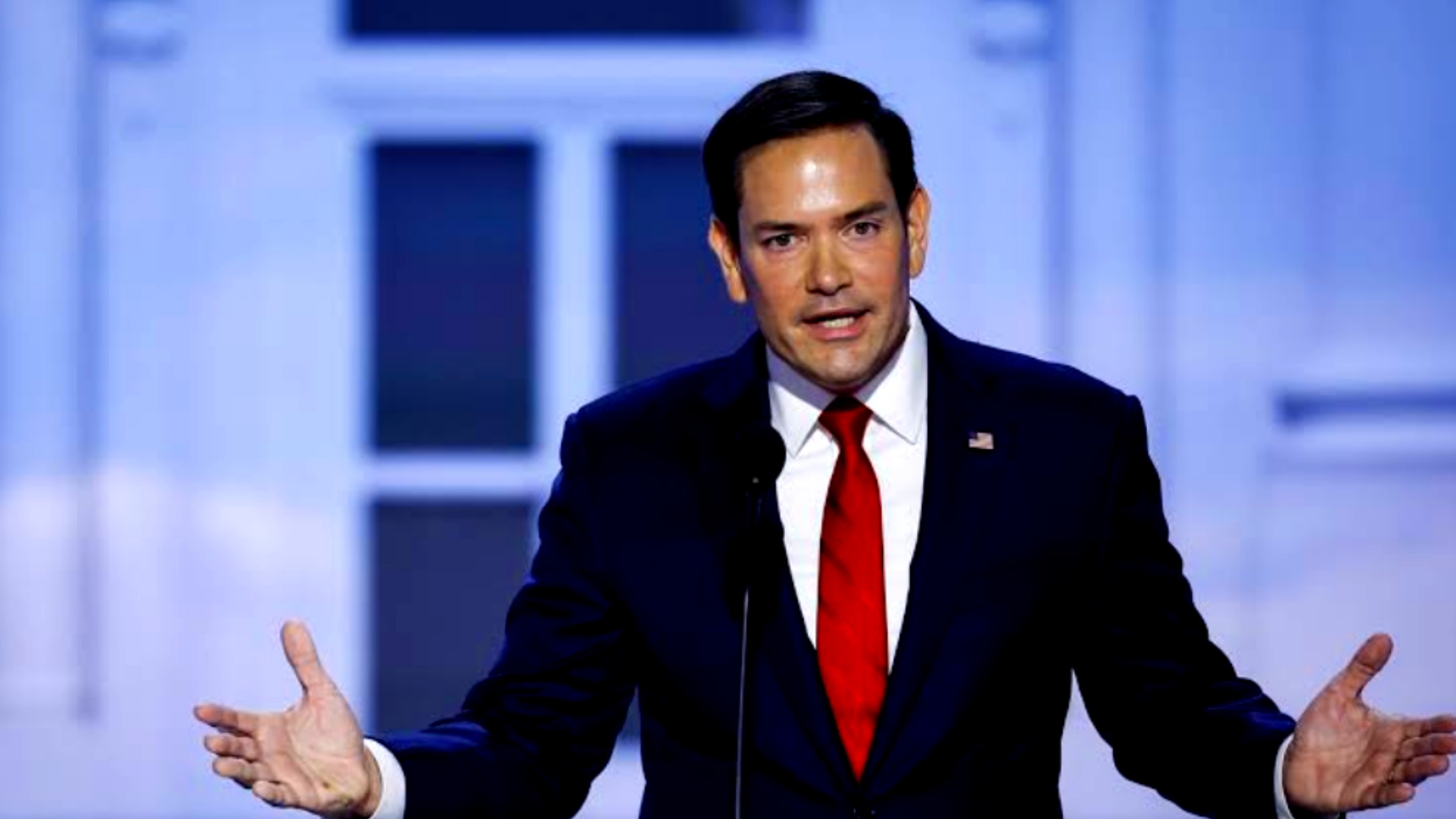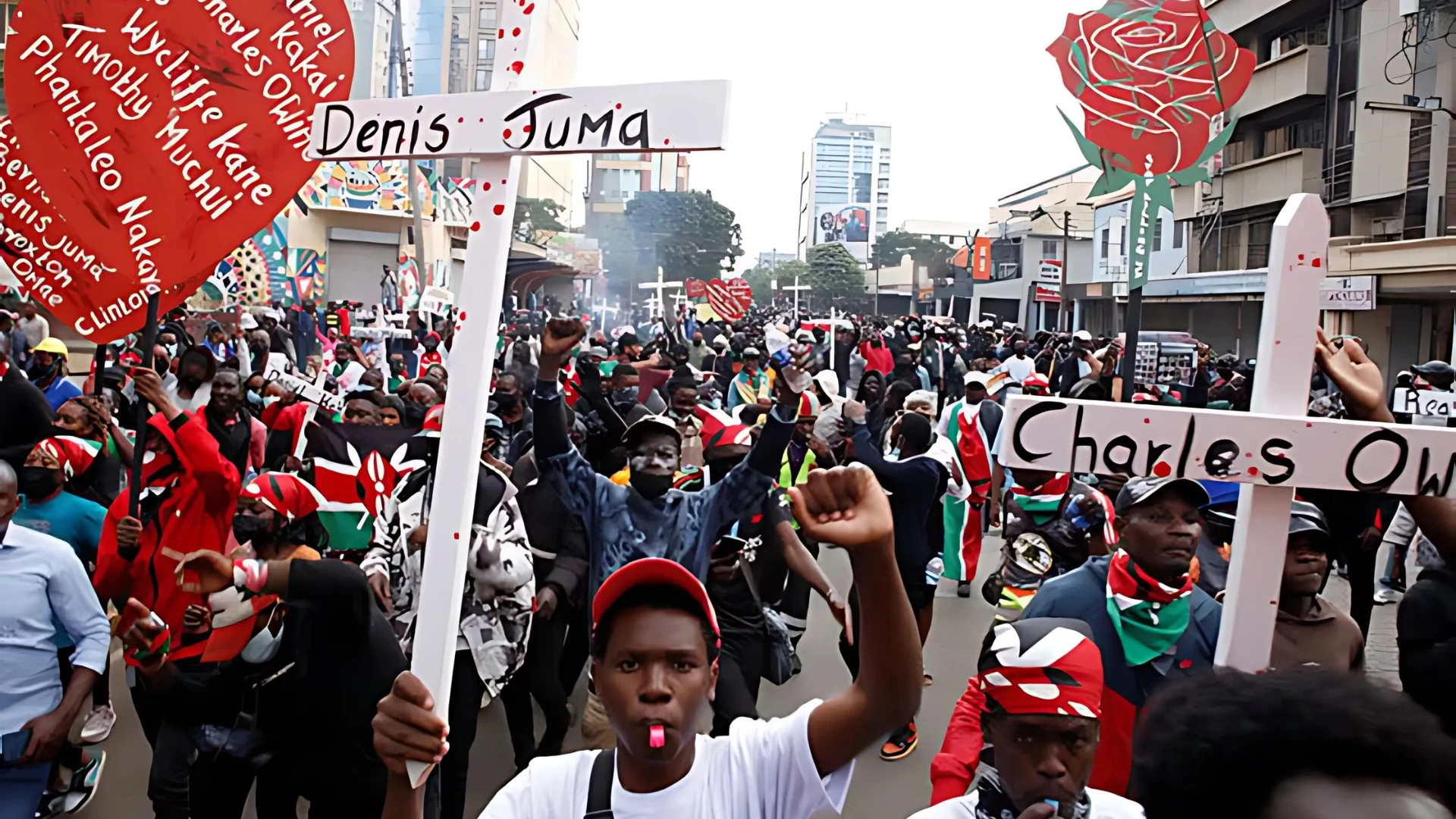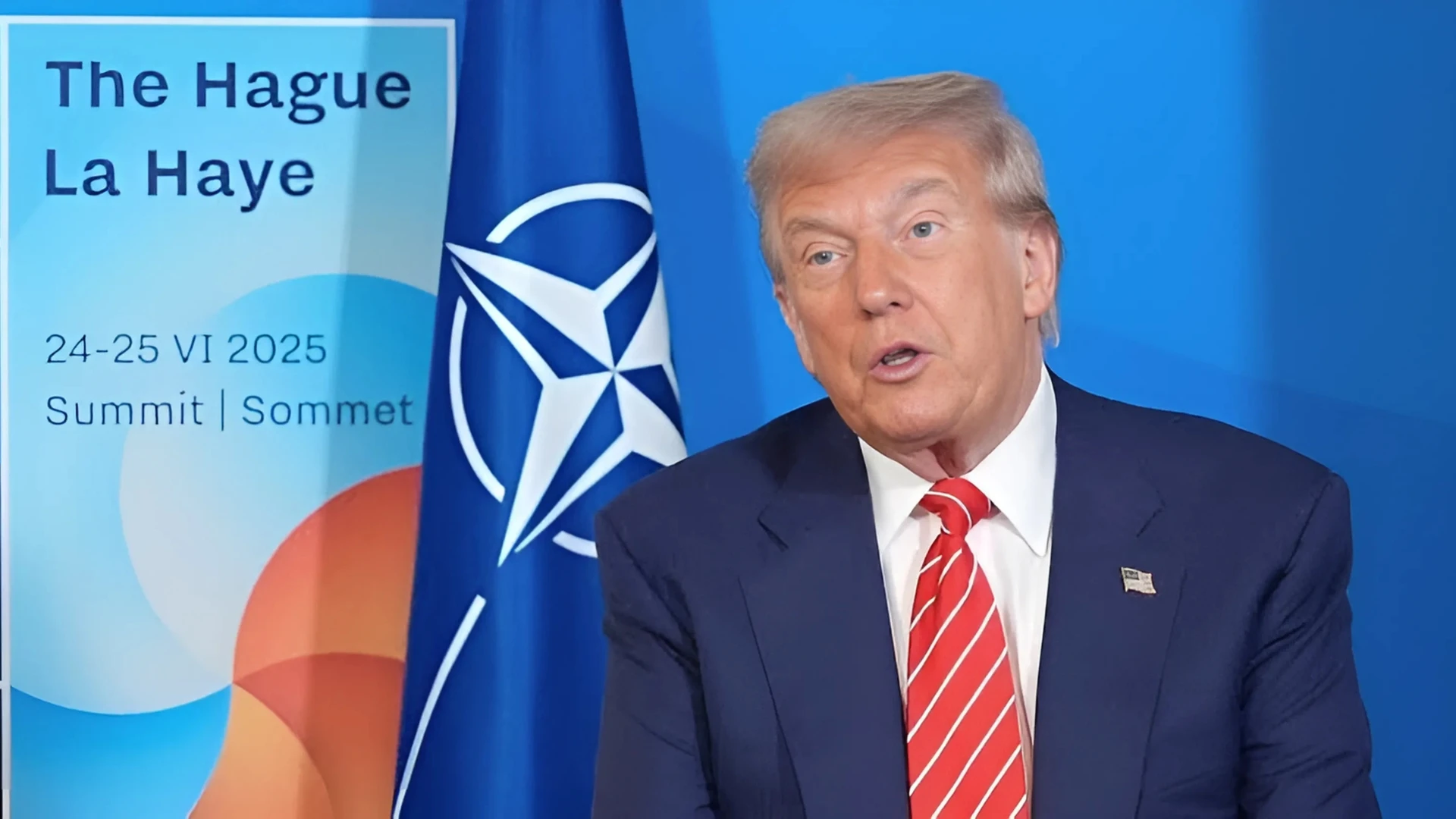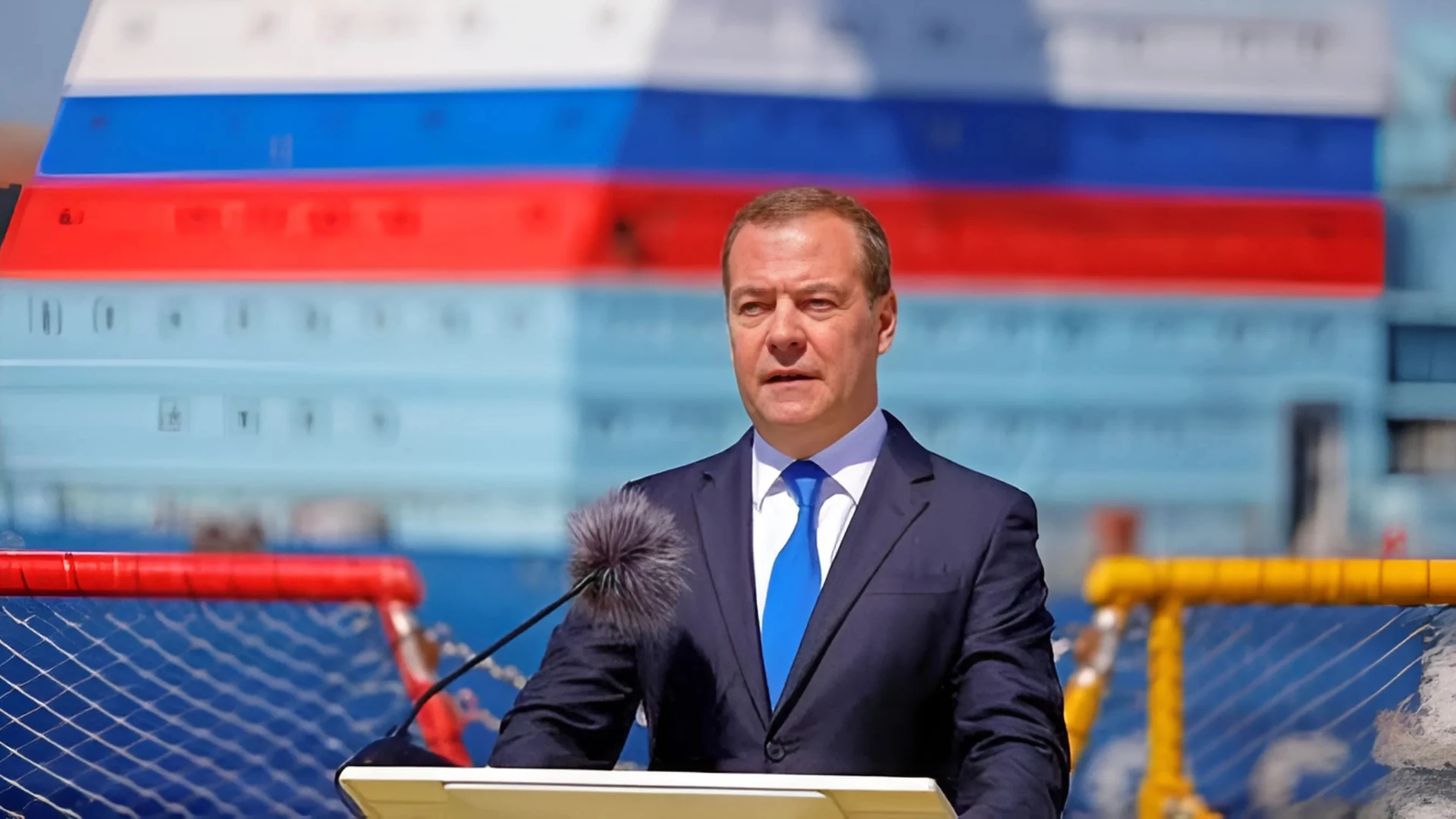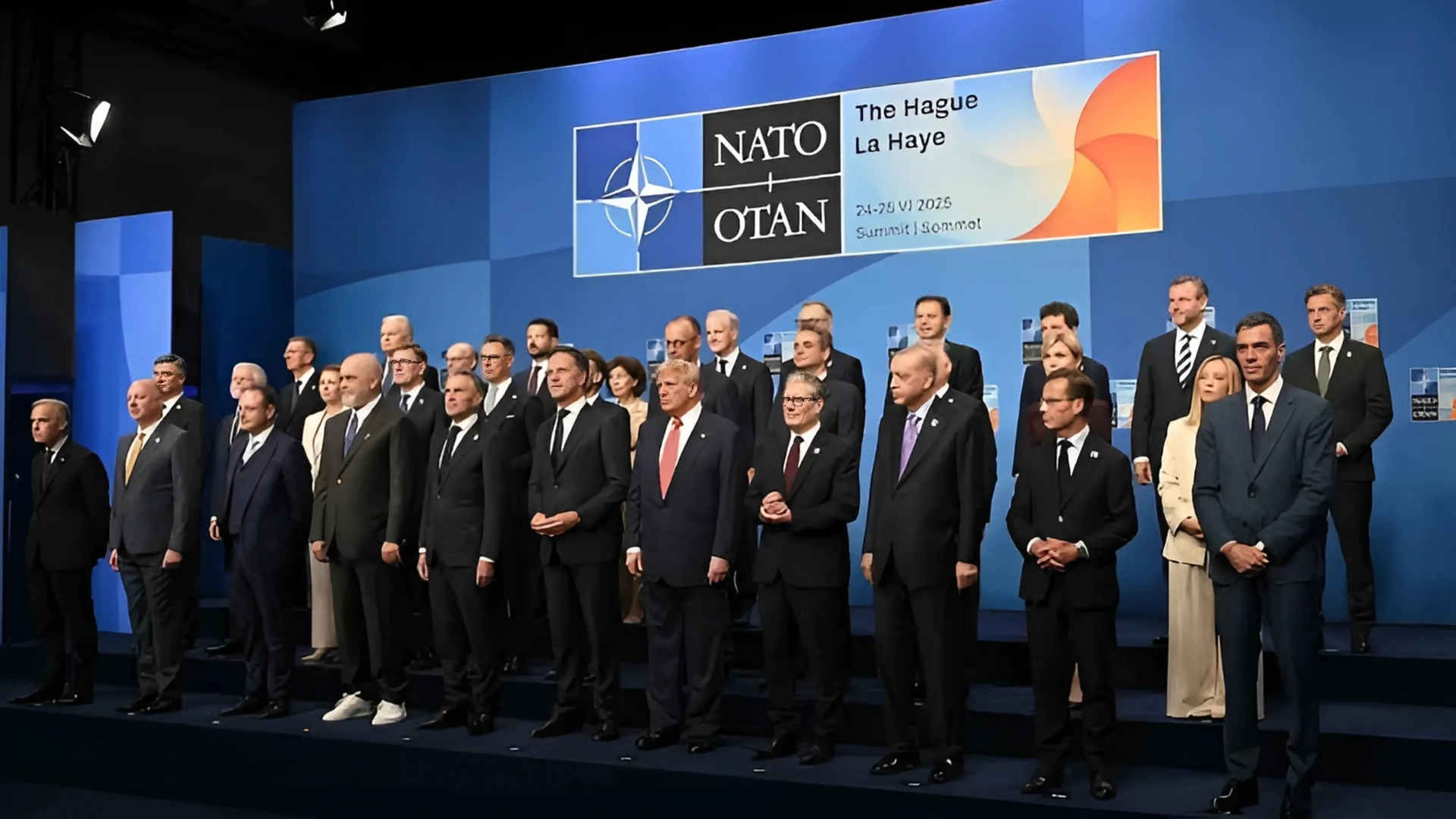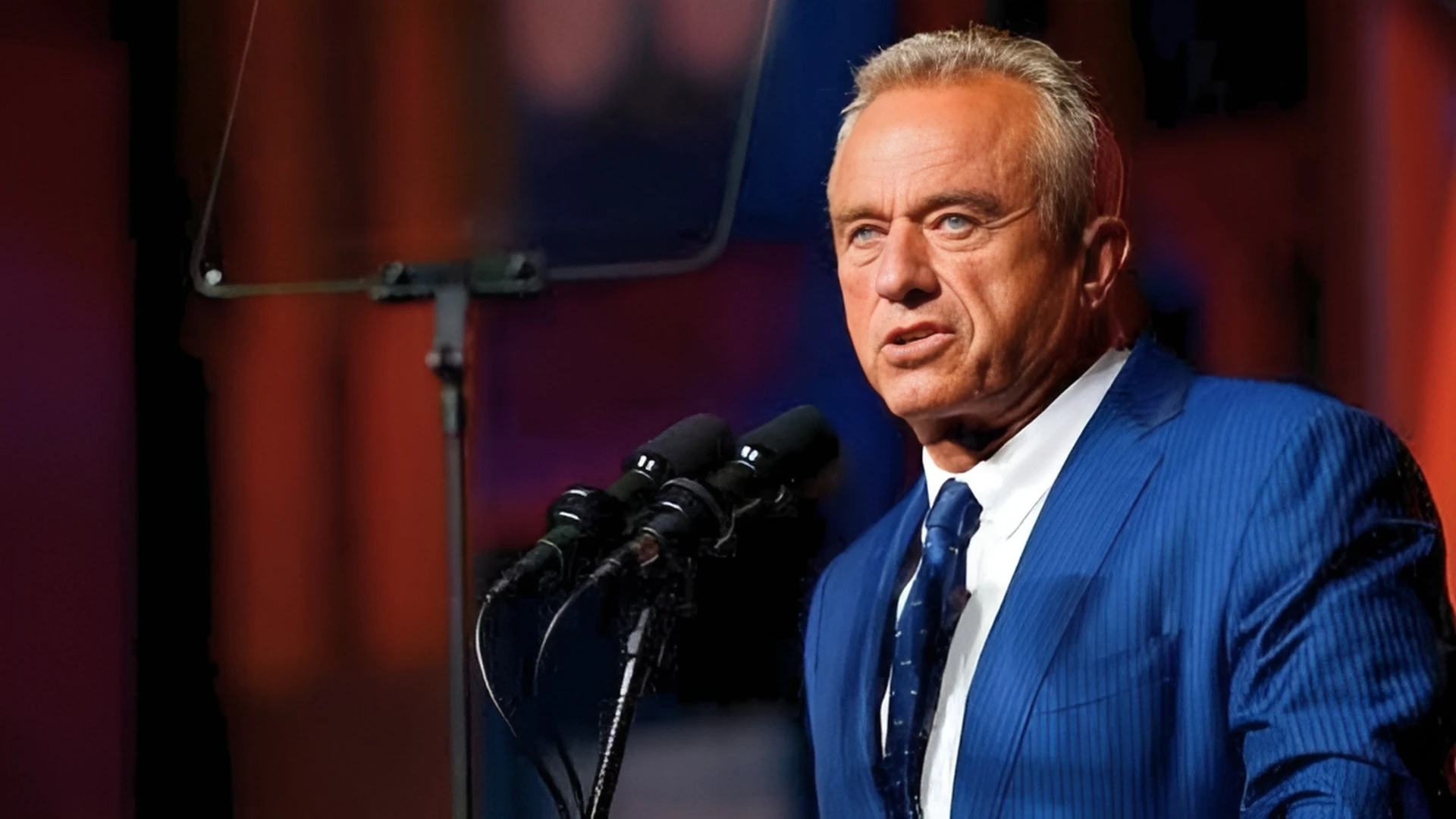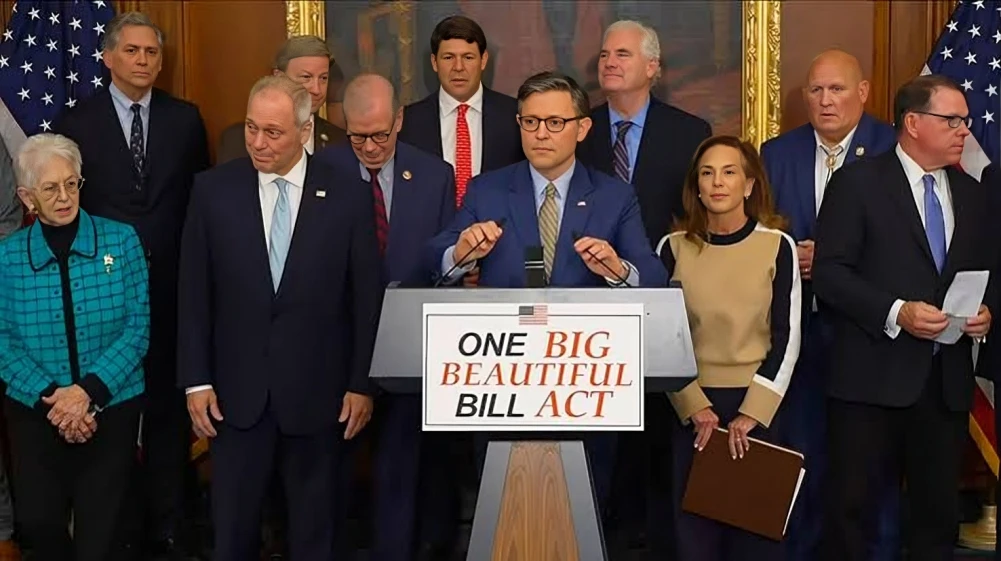Washington: The United States has introduced its own United Nations resolution to mark the third anniversary of Russia’s invasion of Ukraine, opting not to support a version drafted by Kyiv and backed by European nations.
According to Rubio, the resolution aligns with President Donald Trump’s stance that the UN should return to its foundational purpose of maintaining international peace and resolving conflicts through diplomacy. “If the United Nations is truly committed to its original mission, we must acknowledge that while challenges exist, lasting peace is still possible,” Rubio stated.
Secretary of State Marco Rubio described the U.S. proposal as “a straightforward, historic resolution” and urged all UN member states to support it in an effort to promote peace. Unlike Ukraine’s draft resolution, the U.S. version does not directly identify Russia as the aggressor, nor does it reaffirm Ukraine’s territorial integrity.
This development comes amid growing concerns in Europe and Ukraine that Washington may sideline them as it pursues direct negotiations with Moscow. It follows high-level discussions between U.S. and Russian officials in Riyadh, Saudi Arabia, which the U.S. delegation characterized as the beginning of a series of talks aimed at ending the war.
The U.S. draft resolution expresses sorrow over the loss of life in the conflict and underscores the UN’s role in fostering peace. It calls for an end to hostilities and urges a lasting peace agreement between Ukraine and Russia. In contrast, Ukraine’s draft explicitly refers to Russia’s “full-scale invasion” and insists on implementing previous UN resolutions condemning Moscow’s aggression.
Disagreements have also emerged within the Group of Seven (G7) regarding a joint statement on the war’s anniversary, with the U.S. reportedly resisting language that directly labels Russia as the aggressor.
The diplomatic tensions have risen following Trump’s controversial remarks on the conflict. He recently accused Ukraine of instigating the war, repeated Russian narratives, and suggested that Ukrainian President Volodymyr Zelensky should hold elections despite the ongoing war. The remarks prompted a sharp response from Zelensky, who criticized Trump for spreading Russian disinformation. In return, Trump labeled the Ukrainian leader a “dictator without elections” and blamed him for pressuring the U.S. into extensive financial support for Ukraine.
Trump’s stance has fueled concerns that the U.S. may push for a settlement favoring Russian demands. He has signaled a desire to end the conflict swiftly, even if it results in Ukraine ceding territory. His decision to hold a lengthy call with Russian President Vladimir Putin before speaking with Zelensky further raised alarms in Kyiv and among European leaders.
Adding to tensions, Trump recently suggested that Ukraine should provide the U.S. access to its rare earth minerals in exchange for continued aid. Zelensky rejected the idea, stating that Washington had asked Ukraine to relinquish half of its mineral resources without offering security guarantees in return. “I cannot sell our country,” Zelensky declared.
Following the announcement of direct U.S.-Russia negotiations, European leaders convened an emergency summit, stressing that any peace talks must include Ukraine and its European allies. As Washington and Moscow move forward with diplomatic engagement, concerns are growing over the future of Western support for Ukraine and the terms of any potential peace agreement.


